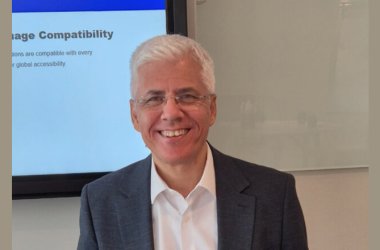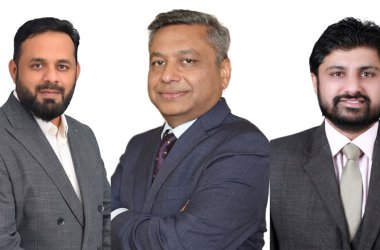Today, Ericsson released the first edition of its Networked Society MENA City Index at the Networked Society Forum in Dubai, UAE.
The report analyzes the levels of ICT-driven benefits created in 11 of the Middle East and North Africa (MENA) region’s largest cities. Dubai, Abu Dhabi and Doha emerged as the top three cities in the ranking.
One of the key findings of this report is that, in general, the 11 cities studied show high ICT maturity levels in terms of infrastructure development and usage of ICT services when compared to major cities in the global City Index report. In parallel, the report points to considerable opportunities, yet to be seized, to leverage the socioeconomic benefits of this high ICT maturity level.
The report also highlights the increasing influence of ICT in supporting entrepreneurial activities within the region. The results revealed a strong correlation between high levels of ICT maturity, and usage, within a city to the number of start-up businesses and entrepreneurial innovations being launched, for example in music and video streaming, e-commerce and cloud services.
Anders Lindblad, President, Region Middle East and North Africa, Ericsson said, “ICT has become an integral part of our working environment and will continue to be an important resource for business growth. The environment of entrepreneurship and innovation is enhanced by ICT as it provides the tools and infrastructure that make it easy for entrepreneurs to start a business. ICT nurtures innovation and helps people to realize their ideas for new companies, products and services. It provides access to a market far greater than was previously possible for start-ups.”
The importance of connectivity for businesses, and the empowerment it brings, was clear from the high levels of internet usage with penetration rates comparable with many international business hubs, including Shanghai and London. The report reveals that 79 percent of the population in Amman uses the internet for work, while Muscat and Doha are not far behind at 77 percent and 62 percent respectively.
Furthermore, mobility was also a key indicator from the study, with Abu Dhabi, Dubai and Doha all revealing 100 percent mobile phone usage, and other analyzed cities falling no lower than 83 percent. This factor was also an important enabler for those in cities with lower GDP per capita than some of the more affluent in the study, as despite low income levels it was found that many spent 10-20 percent of their monthly salary on mobile phone usage in order to stay connected.
Lindblad comments: “Trends suggest that more than 60 percent of all people in the region will live in cities by 2030. In the future, advances in technology and infrastructure performance will continue to change our lives, as ICT has the potential to help us meet some of our great societal challenges.. The report shows high levels of ICT maturity in the MENA region in terms of infrastructure and usage and indicates the untapped opportunities to leverage the socioeconomic benefits.”
As well as the three top ranking cities of Dubai, Abu Dhabi and Doha, the following cities were part of the index: Amman, Beirut, Cairo, Jeddah, Riyadh, Khartoum, Istanbul and Muscat. A total of 28 indicators have been used to measure the total benefits in the index for each city: The indicators can be categorized into two dimensions: cities’ ICT maturity and benefits from ICT investments from both a social, economic and environmental point of view.
The report was exclusively highlighted today at the Ericsson Networked Society Forum held in Dubai at Atlantis The Palm Hotel, which gathered together key leaders in the ICT industry in the Middle East North Africa region.





